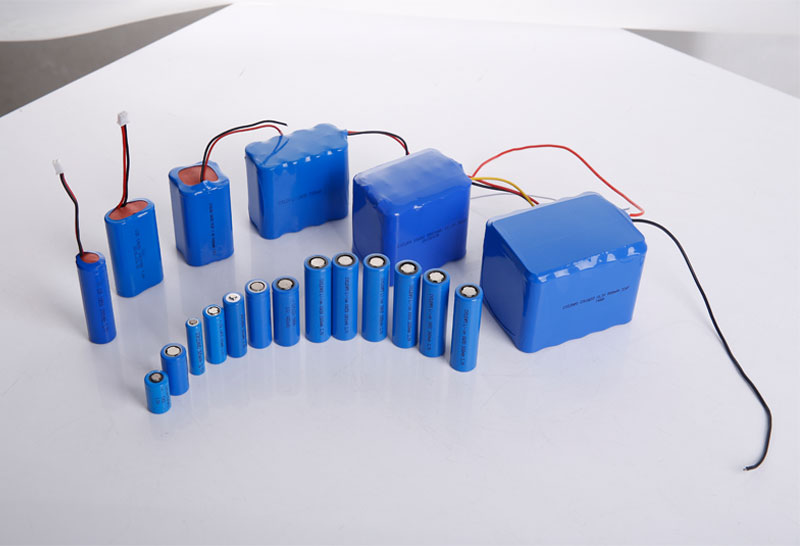On October 9, 2019, the Royal Swedish Academy of Sciences announced in Sdemomore that this year's Nobel Prize in Chemistry was awarded to the American solid physicist John B. Goodenough, British chemist., Stanley Whittingham and Japanese chemist Akira Yoshino, for their outstanding contributions to the development of lithium-ion batteries, these three scientists will split the Nobel Prize in Chemistry.
Why lithium ion battery?
Unlike the previous years, the Nobel Prize in Chemistry was awarded to the hot biochemistry field. This year's Nobel Prize was awarded to three scientists who developed lithium-ion batteries. So, what is the magic of lithium-ion batteries? Looking back at the technological leap in the past six or seven decades, two inventions have far-reaching impacts on economic and social development.
The first major invention was the transistor. The second major invention is the lithium-ion battery. In 1991, Sony began to produce commercial lithium-ion batteries. Due to its popularity, the subsequent electronic products gradually distinguished from the bulky devices that rely on transistors. Compared with other commercial rechargeable batteries, lithium-ion batteries have become a new direction for scientists in due to their high energy density, long cycle life, wide operating temperature range and high safety. Today, lithium-ion batteries provide electricity to the world, from smart phones to electric cars, and they are everywhere. Without lithium-ion battery, there would be no portable wearable devices available today. Therefore, lithium-ion batteries have also been regarded as the greatest inventions in the electronics industry along with transistors, and the transistor inventor John Bardeen won the Nobel Prize in Physics for his transistor effect in 1956.

Why these three scientists?
Many scientists study lithium-ion batteries. Then why are the winners John B. Goodenough, Stanley Whittingham and Akira Yoshino?
John B. Goodenough is the inventor of lithium cobaltate, lithium manganate and lithium iron phosphate cathode materials, one of the founders of lithium-ion batteries, known as "Father of lithium-ion batteries". In 1991, Sony produced the world's first commercial lithium battery based on Goodenough's theory. From then on, mobile phones, cameras, handheld cameras and even electric vehicles have entered the era of portable new energy.
Stanley Whittingham was elected to the National Academy of Engineering in 2018 for his contribution to the application of intercalation chemistry to energy storage materials.The electrochemical reaction tends to cause lithium batteries to explode. When overcharged, the battery may ignite spontaneously. Even if the safety of the explosion is solved, the battery will gradually decay during repeated work. In order to solve the safety problem, Professor Whittingham proposed a new battery working principle-embedding, which laid the foundation for the successful commercialization of new lithium-ion batteries.
Yoshino Akira, a Japanese chemist, inventor of modern lithium-ion battery.In 1983, he maded a prototype of the world's first rechargeable lithium-ion battery. It solves many technical problems and completely eliminates lithium metal. In 1985, he established the basic concept of a rechargeable lithium-containing alkaline lithium ion battery and obtained a Japanese registered patent. Yoshino Akira's lithium battery broke through the technical limitations of the previous nickel-hydrogen battery and opened the revolution in mobile electronic devices. Due to its high safety, stable energy output and reasonable price, lithium-ion batteries were first commercialized by SONY in 1991.
Because of the continuous efforts of these three scientists and other scientists from all over the world, the output value of lithium-ion battery industry is now close to several billion dollars per year, providing a lot of power for human daily life. Again, congratulations to these three award-winning scientists!